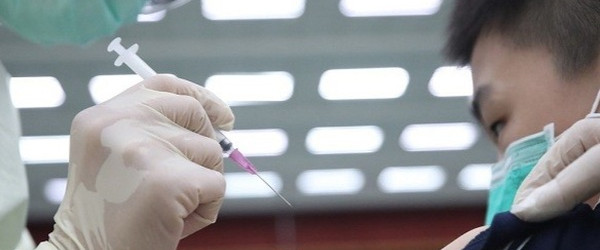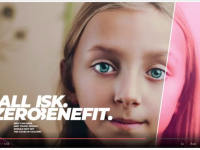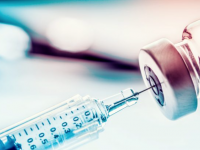Cases of myocarditis (inflammation of the heart muscle) and pericarditis (inflammation of the outer lining of the heart) have been reported after BNT vaccination of children between 12 and 17 years of age. According to U.S. statistics, the risk of youths experiencing myocarditis after receiving the second BNT dose is 10 times higher than after the first dose, CNA reported.
Some countries have adjusted their policies regarding administering COVID-19 vaccines to adolescents. For instance, Hong Kong has changed from two doses of BNT to only a single dose for those aged 12-17. The U.K. has done something similar, recommending only one shot for children between 12 and 18 years of age, per CNA.
Chen said that the Ministry of Health and Welfare’s Advisory Committee for Immunization Practices (ACIP) has decided to halt administration of second BNT doses to this age group for two weeks, during which time experts and Centers for Disease Control (CDC) physicians will look at the 16 cases of myocarditis among adolescents after BNT vaccination before making a final decision on whether to go ahead with the second shot.
International data will also be consulted before the final decision is made, the CECC head said, adding that currently, children between the ages of 12-17 are being vaccinated with two doses worldwide except in Hong Kong and the U.K.
As for whether COVID-19 vaccines will be approved for children aged 5-11, Chen said the matter will not be considered until the second dose issue with 12 to 17-year-olds is settled.
As a new development, the ACIP on Nov. 28 decided to resume administration of second BNT doses for children 12-17 years old, starting from mid-December. In addition, the committee has decided to allow adult recipients of the BNT and Moderna mRNA vaccines to receive a third dose six months after their second.





